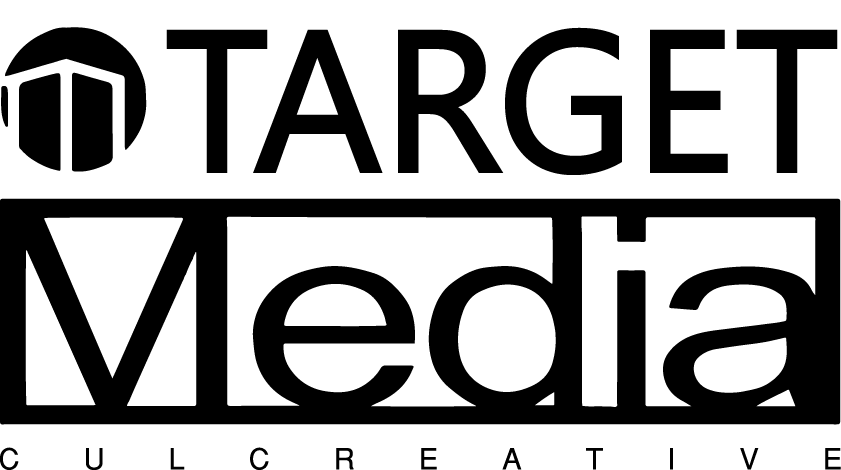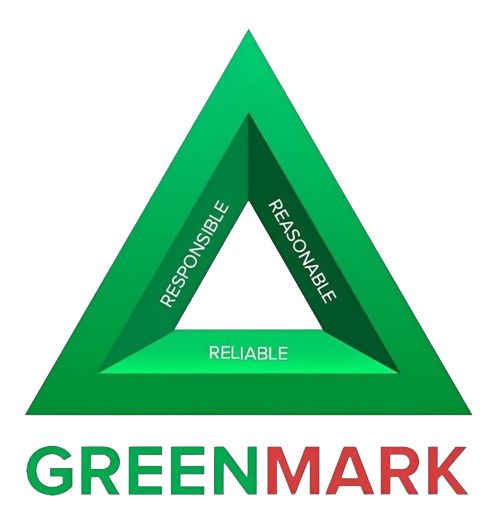Role Purpose (Why do we need this role?)
The Project & Prioritisation Manager plays a crucial role in driving organisational transformation by managing the successful delivery of transformation projects that align with the organisation's strategic objectives. These projects can range from technology implementations to process improvements, organisational change, and other business transformation initiatives.
Either managing projects on a standalone basis or under the purview of the Transformation Programme Manager, the Project & Prioritisation Manager ensures that projects are delivered on time, within scope, and meet business objectives by coordinating resources, managing risks, and working closely with stakeholders across the organisation. In doing so, you will have made progress towards our transformation journey by delivering quantifiable benefits. You will also have inspired positive change in others by role modelling your behaviours and mindset, accelerating transformation companywide.
Additionally, the role may have prioritisation responsibilities by way of the key interface for understanding improvement opportunities across the organisation, on behalf of the entire Transformation Division. If asked to perform this role, the Project & Prioritisation Manager will take problem statements, ideas, opportunities and project proposals and will promptly and effectively assess to ensure priority workstreams can be delivered in a seamless manner.
Role Accountabilities (What is this role responsible for delivering?)
Safety
- Take responsibility for the safety of myself and those around me by displaying safety leadership principles (i.e. Safety I’s & Accountability ladder).
- Challenging and stopping unsafe acts and behaviours or unsafe conditions.
- Comply with the Global Safety Standards, Polices and Operating Procedures.
Project Planning and Execution:
- Develop and manage comprehensive project plans, timelines, budgets, and resources to ensure alignment with transformation goals.
- Execute a variety of projects using suitable project management methodologies and ensure deliverables meet quality standards.
Risk and Issue Management:
- Proactively identify and mitigate risks throughout the project lifecycle.
- Maintain a risk register, escalating issues as needed to ensure project timelines and objectives remain intact.
Resource and Budget Management:
- Efficiently allocate resources and manage project budgets, ensuring financial and resource constraints are met.
- Monitor costs and address variances with coordination between the CTO and finance teams.
Change & Stakeholder Engagement
- Engage cross-functional stakeholders to align project objectives, facilitate collaboration, and ensure smooth communication across teams.
- Provide regular updates to senior leadership and drive continuous improvement through post-implementation reviews, capturing lessons learned to enhance future outcomes.
- Lead transformation initiatives by fostering the adoption of new processes and supporting organisational change efforts, ensuring alignment with strategic priorities.
Prioritisation
- Prioritising initiatives is critical to the success of transformation objectives, those initiatives can be one, or a combination of, process-related, technological, organisational, or project-based in nature. Those initiatives need to be assessed through several lenses, such as strategic priorities (short- and long-term), budget availability, resource availability (both inside and outside of the CTO), and value creation.
- To do this successfully a holistic view must be taken, with a constant effort on stakeholder engagement, both within the transformation division and outside of it. The PMO and CTO senior management will be responsible for strategic prioritisation, and the Project & Prioritisation Manager will largely be focused on execution.
- This role will be on the ‘front line’ of innovation opportunities and will quickly assess the incoming items based on predefined criteria as well as on tacit experience.
- Initiatives must be able to be assessed expediently and funnelled in the most efficient and effective way for both the sender and receiver.
- An efficient, ‘green-lane’ mindset must be taken to enable important, tactical activities to be completed with the minimum necessary level of controls and administration.
- Identify initiatives which can be grouped so that they can be assessed by the CTO and ELT in manageable chunks of activities so that trade-off prioritisation decisions can easily be made.
Key Qualifications & Skills (What knowledge will ensure success in the role?)
Qualifications & Skills
- Project Management Expertise: Strong knowledge of project management methodologies (Agile, Waterfall) and experience managing the full project lifecycle from planning to execution. Familiarity with project management tools (e.g., MS Project, Jira) and certifications (PMP, PRINCE2) is a plus.
- Organizational and Time Management: Ability to manage multiple projects simultaneously, maintaining timelines, deliverables, and project scope efficiently.
- Stakeholder Management and Communication: Excellent communication and interpersonal skills, with the ability to engage, influence, and manage expectations with stakeholders at all levels.
- Risk and Problem-Solving Skills: Proficient in identifying risks early, implementing mitigation strategies, and resolving issues to keep projects on track.
- Budget and Resource Management: Experience in managing project budgets and resources effectively, ensuring financial and resource constraints are met throughout the project lifecycle.
- 5-7 years of project management experience, preferably in a transformation or technology-driven environment.
- Proven track record of delivering projects on time, within scope, and on budget.
- Experience managing cross-functional teams in a matrixed organizational structure. Experience in the shipping or logistics industry is highly preferred.
























